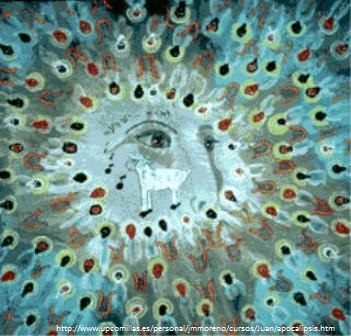American Uncles and Aunts: Generations, Genealogies, Bildungs in 1930s Novels
DOI:
https://doi.org/10.13130/2035-7680/2999Abstract
The essay focuses on the characters of uncles and aunts as they emerge in four novels written in the 1930s by two second-generation immigrant novelists and two American women writers: Henry Roth’s Call It Sleep (1934), Pietro di Donato’s Christ in Concrete (1939), Josephine Herbst’s Pity Is Not Enough (1933), and Catherine Anne Porter’s Old Mortality (1937). In their portrayal of a growing-up young male and female protagonist sharing many autobiographical traits with the authors, these works can be considered late versions of American Bildungsromans in which the presence of uncles and aunts seem to function as an alternative – or complementary – model to the parental one and to play a pivotal role in the (possible or impossible) Bildungs of nephews and nieces.
Starting with a brief survey on the rediscovery and mapping of anthropological, ethnological and folkloric genealogies (including recent immigrants’ stories) and their unprecedented entrance into official national narratives during the Great Depression, the essay attempts to show how the figures of uncles and aunts play strategic roles in both the working-class and immigrant Bildungs (or “anti-Bildungs) represented in Call It Sleep and Christ in Concrete, and the female middle-class Bildungs (or “awakenings”) evoked in Pity Is Not Enough and Old Mortality.
Whereas Roth and di Donato simultaneously mark the coming of age and the modern watershed of the hyphenated literary tradition of Jewish-American and Italian-American novels by creating impossible narratives of “development” built around ghetto children, Herbst and Porters’ works seem to stem from the genre of the sentimental novel and the novel of “awakening” and to twist them into a modernist version of possible female Bildungs.




